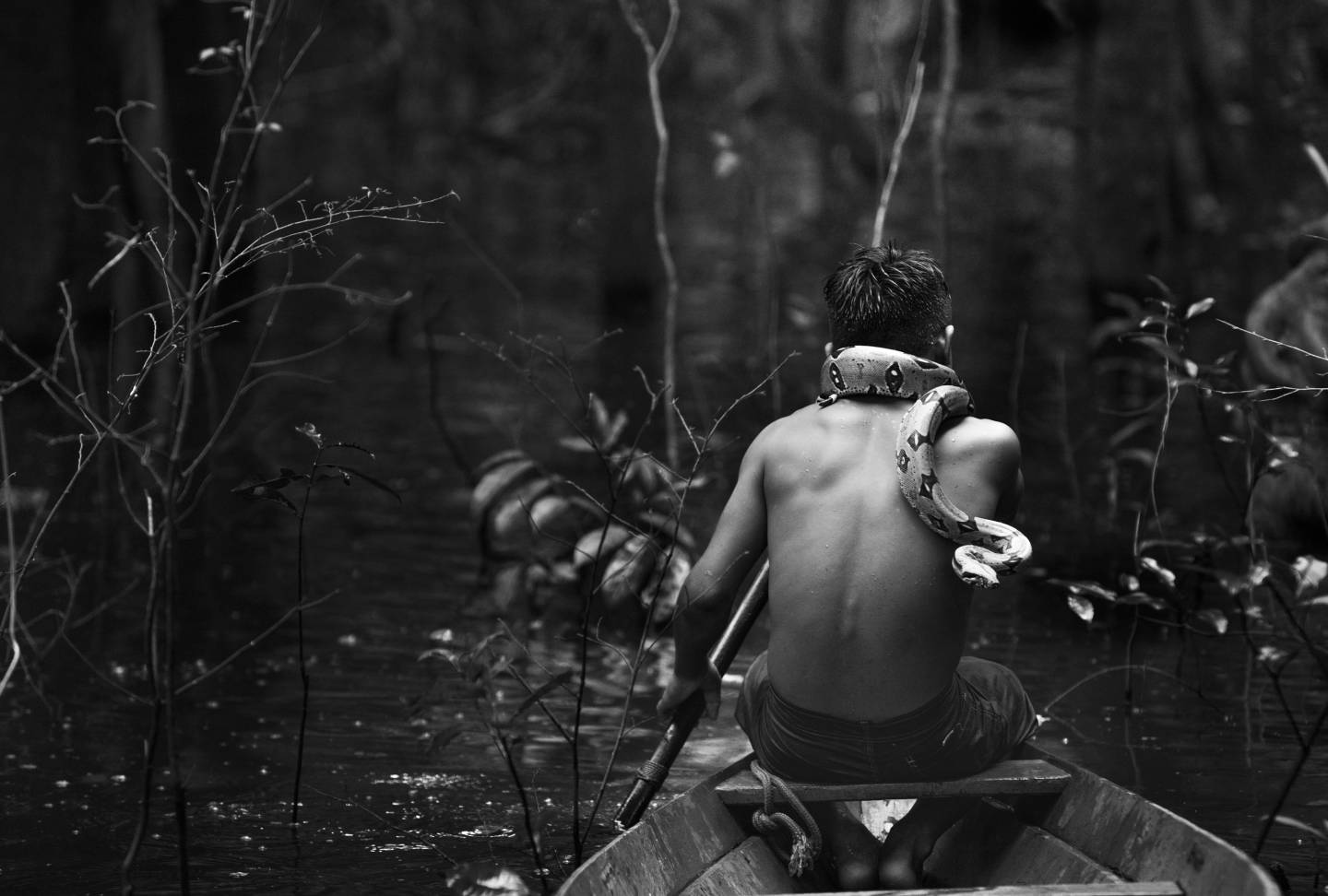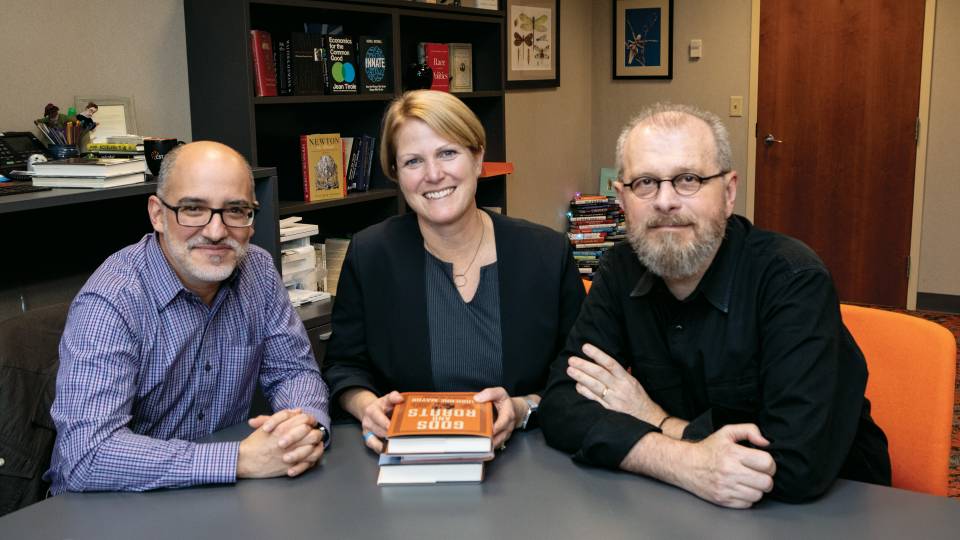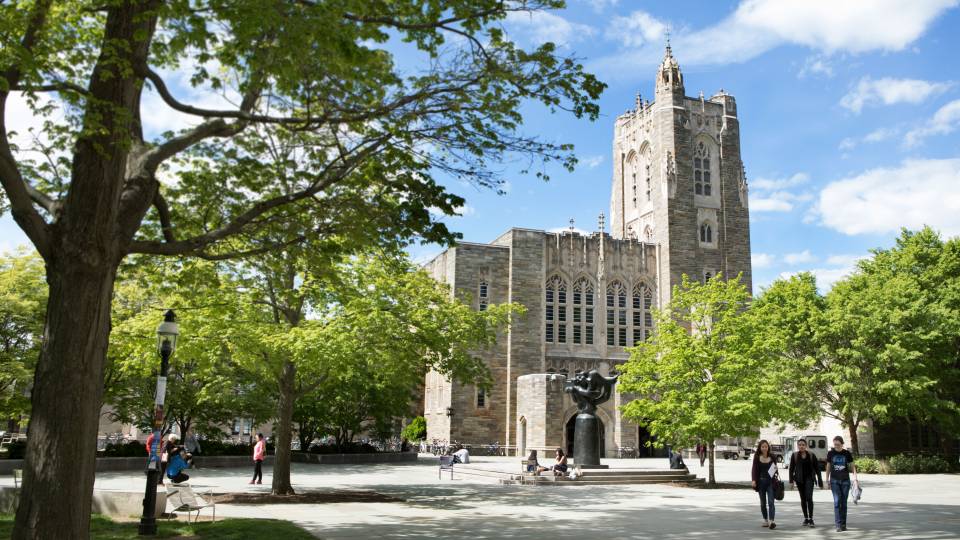Home to hundreds of Indigenous groups, Amazonia has more species of animals and plants than any other ecosystem. Because of this, threats to the rainforest imperil chances to fulfill Paris Agreement commitments to tackle climate change and its negative impacts.
“Safeguarding the Amazon is a generational and Earth-defining problem,” said João Biehl, Princeton’s Susan Dod Brown Professor of Anthropology and director of the Brazil LAB, who co-organized the conference “Amazonian Leapfrogging: Tackling the Climate Crisis and Social Inequality with Nature-Based Solutions" at Princeton University.
The conference was hosted by the Brazil LAB, together with the High Meadows Environmental Institute (HMEI), Princeton Institute for International and Regional Studies (PIIRS), the Princeton School of Public and International Affairs (SPIA), the Brazilian research initiative Amazônia 2030, the University Center for Human Values, and the Program in Latin American Studies at Princeton.

Ribeirinho, Solimões River, Brazilian Amazon, 2011. A nature-based, interdisciplinary approach that takes into account economic, environmental, political and historical considerations is the focus of this year’s Amazonian Leapfrogging conference.
“We should remember that we cannot save nature unless we save the people protecting it,” said Brazilian Indigenous leader Txai Suruí in her opening remarks.
Amaney Jamal, dean of SPIA and the Edwards S. Sanford Professor of Politics and International Affairs, recalled Suruí’s powerful message at last fall’s UN Climate Summit in Glasgow: “Indigenous peoples are on the frontline of the climate emergency and must be at the center of decisions.”
At the conference, more than 80 Brazilian and international guests across academia, business, government and activist sectors interacted with Princeton faculty and students, probing nature-based solutions that might guarantee the conservation of this vital planetary nexus and “leapfrog” the region into much-needed socioeconomic development.
Stephen Pacala, a member of President Joe Biden’s Council of Advisors on Science and Technology and Princeton’s Frederick D. Petrie Professor in the Department of Ecology and Evolutionary Biology, urged participants to consider the specific actions that Brazil and the international community can each do to halt further degradation of this vital biodiversity hotspot and climate regulator.
“The story is amazingly more precise than just a few years ago,” he said.
Indigenous leader Juma Xipaya said: “Indigenous and forest peoples have been talking about this for centuries. And not just speaking, but also defending the rainforest and the equilibrium of the planet with our own bodies.”
Conference participants affirmed their solidarity with the struggles of Indigenous peoples and their call for protection, rights, and wellbeing.
“Everyone must understand the importance of the forests and of Indigenous peoples in attaining climate justice and for the future of our planet,” said Suruí. “We need genuine, concrete action in order to keep on fighting for all of our lives.”
Read the full story on the PIIRS site.





